Animal Behaviour - Years 11-12
Year 9 - 13 | Animals and Welfare
Why do animals behave like, well, animals? Discover and observe the key concepts of animal behaviour and see theory become practice.
Activities on this day
Examine the key concepts of animal behaviour and how we encourage natural behaviours of the animals in our care. Discuss the role of Zoo habitat design and enrichment in encouraging natural behaviours.
Learning Outcomes
• Identify and explain how animals’ behaviours influence their ways of life.
• Discuss how behavioural adaptations enable animals to occupy an environmental niche.
NZ Curriculum
Science: Living World
Life processes Level 6: Relate key structural features and functions to the life processes of plants, animals, and micro-organisms and investigate environmental factors that affect these processes.
Evolution Level 6: Explain the importance of variation with a changing environment
Life processes Level 7: Explore the diverse ways in which animals and plants carry out life processes.
Animal Behaviour - Years 9-10
Year 9 - 13 | Animals and Welfare
Why do animals behave like, well, animals? Discover and observe the key concepts of animal behaviour and see theory become practice.
Activities on this day
Examine the key concepts of animal behaviour and how we encourage natural behaviours of the animals in our care. Discuss the role of Zoo habitat design and enrichment in encouraging natural behaviours.
Learning Outcomes
• Identify ways animals behave for different reasons
• Give examples of how natural behaviour is encouraged.
• Explain how we use behavioural training to take care of Zoo animals
NZ Curriculum
Science: Living World
Life processes Level 4:
• Recognise that there are life processes common to all living things and that these occur in different ways.
Ecology Level 5:
• Investigate the interdependence of living things (including humans) in an ecosystem
Animal Welfare and Ethics - Years 9-13
Year 9 - 13 | Animals and Welfare
What is animal welfare and is it different for different species, or in different places? Discuss real-life examples of ethics in Zoos and learn how we use the Five Domains of Animal Welfare to assess animals in our care.
Activities on this day
Navigate the complex issues around ethics and animal welfare in Zoo, using a selection of case studies. Engage your brains and decide if you would make the tough calls using your head, your heart, or both.
Learning Outcomes
• Investigate aspects of animal welfare in human care
• Discuss in detail how the Zoo uses the 5 Domains of Animal Welfare
• Explore ethical arguments and different perspectives on animal welfare using case studies
NZ Curriculum
Social Sciences:
- Social Studies Level 5: Understand how people’s management of resources impacts on environmental and social sustainability
- Geography Level 6: Understand that natural and cultural environments have particular characteristics and how environments are shaped by processes that create spatial patterns
Science: Nature of Science
- Participating and contributing Level 5&6: Develop an understanding of socio-scientific issues by gathering relevant scientific information in order to draw evidence-based conclusions and to take actions where appropriate.
Science: Living World
- Life processes, ecology and evolution Level 8: Understand how humans manipulate the transfer of genetic information from one generation to the next and make informed judgements about the social, ethical and biological implications relating to this manipulation
Animals of Aotearoa - Years 11-13
Year 9 - 13 | Aotearoa New Zealand
How have Aotearoa’s animals come to be here? Learn about the evolution of NZ species, the impact of introduced animals and local conservation efforts to protect our taonga.
Activities on this day
Explore New Zealand’s biodiversity, how some of our unique animals have evolved over time and what effect introduced animals have had on the ecosystem. Learn about local conservation efforts and what action you can take to help protect our precious taonga.
Learning Outcomes
- Understand the evolution and unique adaptations of animals in New Zealand.
- Give examples of challenges native animals face in response to human action
NZ Curriculum
Science: Living World
• Ecology Level 6: Investigate the impact of natural events and human actions on a New Zealand ecosystem.
• Ecology and evolution Level 7: Explain how the interaction between ecological factors and natural selection leads to genetic changes within populations.
• Life processes, ecology, and evolution Level 8: Understand the relationship between organisms and their environment. Explore the evolutionary processes that have resulted in the diversity of life on Earth and appreciate the place and impact of humans within these processes.
Related NCEA Standards:
• Biology 2.6 AS91158: Investigate a pattern in an ecological community, with supervision (4 credits, Internal)
Animals of Aotearoa - Years 9-10
Year 9 - 13 | Aotearoa New Zealand
How have Aotearoa’s animals come to be here? Learn about the evolution of NZ species, the impact of introduced animals and local conservation efforts to protect our taonga.
Activities on this day
Explore how Aotearoa New Zealand’s animals have changed over time and what effect introduced animals have had on the ecosystem. Find out about local conservation efforts and what action you can take to help protect our taonga species.
Learning Outcomes
- Give examples of animals that are endemic and/or native to Aotearoa New Zealand.
- Understand the challenges that Aotearoa New Zealand’s animals face.
- Take action to help protect native wildlife
NZ Curriculum
Science: Living World
- Ecology Level 3-4: Explain how living things are suited to their particular habitat and how they respond to environmental changes, both natural and human-induced.
- Ecology Level 5: Investigate the interdependence of living things (including humans) in an ecosystem.
- Evolution Level 3-4: Explore how the groups of living things we have in the world have changed over long periods of time and appreciate that some living things in Aotearoa New Zealand are quite different from living things in other areas of the world.
- Evolution Level 5: Describe the basic processes by which genetic information is passed from one generation to the next.
Climate Action and Sustainability - Years 9-10
Year 9 - 13 | Conservation & Sustainability
Our climate is changing and affecting global environments and ecosystems. How can we take action to protect animals from the effects of climate change on native and exotic fauna?
Activities on this day
The climate is changing and it affects all of us, and all of nature. Learn how animals are affected by climate change, how the Zoo works with its partners in conservation and what we can all do together to help them survive.
Learning Outcomes
• Understand ways climate change affects animals
• Discuss how we can mitigate threats to nature
• Design actions we can take together to help protect animals and the environment







